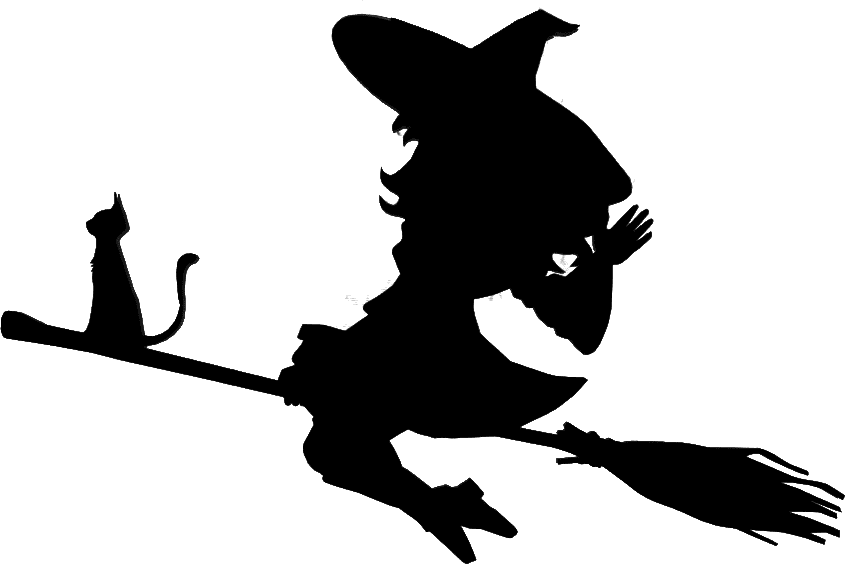So, in this bit of authorial infighting, color me Team Larson.
Larson had zero obligation to do … whatever it is that Dorland wants her to have done before publishing her story. If they were close friends and ran in the same groups, sure, a heads-up that Larson was writing a story inspired by Dorland’s kidney donation would have been courteous, but it seems that there was a mismatch between Dorland’s and Larson’s perceptions of their personal relationship.
Dorland is upset that a central plot point of Larson’s story mirrors Dorland’s real donation story, which was clearly one of the seminal moments in Dorland’s life. One may also suspect that she was distressed by how Larson portrayed the character resembling Dorland, as a woman who “confuse[s] love with worship” and wants more gratitude from her donation recipient than she gets.
The central question, to me, isn’t how closely Larson’s story cleaved to Dorland’s personal history; it’s whether the character in Larson’s work was close enough to Dorland and recognizable enough and whether Dorland had a reasonable enough expectation of privacy surrounding her story that Larson’s use of it could be construed as a violation of Dorland’s privacy.
The answer is a clear no.
Dorland was eager to spread the story of her kidney donation far and wide, even walking in the Tournament of Roses Parade as an “ambassador for nondirected organ donation,” so the privacy question is moot. And Dorland doesn’t “own” her history in any literary sense, nor does she have the right to exercise any control over how it is portrayed in a work of fiction.
However cringey Larson and her Facebook friends’ gossip about Dorland’s behavior (apparently wanting greater recognition among her writer friends for her organ donation), Larson violated no authorial ethics in using Dorland’s life and behavior as a model for her story. By most accounts, The Kindest is a fine story (I haven’t read it), and Larson did what good writers do when confronted with an interesting person or event in real life: she wove them into a narrative that reveals to the reader something of the human condition.
The other key question is whether Larson plagiarized a letter Dorland wrote to the recipient of her kidney and shared with the Facebook group both she and Larson were part of.
I’m no lawyer, but it seems clear to me that Larson violated Dorland’s copyright in publishing an excerpt of an early draft of the story on Audible. In that excerpt, Larson used several of Dorland’s phrases from the letter describing her feelings about the donation.
Of course, many authors “borrow” from one another: words, turns of phrase, plot points, these are all so much chum in the creative feeding frenzy; hence, the old saw, attributed to T. S. Eliot, that good writers borrow, great writers steal. I mean, where would we be if Shakespeare hadn’t done so? But the important part of Eliot’s quip is the oft-omitted second bit. Eliot’s actual words were:
"Immature poets imitate; mature poets steal; bad poets deface what they take, and good poets make it into something better, or at least something different."
(The Sacred Wood, 1921)
Making it “something different” is exactly what Larson didn’t do in that initial excerpt. She took Dorland’s words verbatim and published them as her own. If the phrases Larson used had appeared in a context sufficiently removed from Dorland’s original letter, perhaps it would not have risen to the level of plagiarism, but the context was precisely the same: a heartfelt letter from a kidney donor to her recipient.
I don’t quite buy Larson’s argument that she isn’t responsible for the plagiarism because she asked the audio publisher to make changes to the letter before the excerpt appeared on Audible (but after Dorland had already contacted her to complain about the story). Why would Larson submit for publication a version of the story containing plagiarized material in the first place?
The most charitable explanation I can conceive is that Larson used Dorland’s exact words in a draft, intending to revise it later to remove any similarity before submitting, and simply forgot to do so until she heard from Dorland. Even if that’s the case, it’s a pretty shoddy excuse from an experienced author, and I believe Larson owes Dorland something for that omission.
But what draws me to Larson’s side, finally, is that Dorland’s original–and overarching–complaint seems to be that Larson used her real-life story as the basis for a fictional story, one which puts the character she inspired in a negative light.
I’m sure that feels terrible and violating. But Dorland put her own story out there, apparently very much desiring attention from the public, and not least the small group of writers she ran with. As a writer, Dorland should understand that it was like dangling a bit of yarn in front of a cat.
I find no small irony in the closing quote from Kolker’s piece, in which Dorland says (of her showing up at literary events where Larson appears):
“I proceed in this experience as an artist and not an adversary, learning and absorbing everything, making use of it eventually.”
I hope Dorland means that. I hope she finds a way to process via her art the trauma she has undoubtedly experienced. I hope that she receives some form of compensation for the wrongs Larson did do her in plagiarizing her letter. But I also hope we can agree that artists should be free to use whatever inspires them without incurring any prescribed form of debt to the source.

Lorem ipsum dolor sit amet, consectetur adipiscing elit. Ut elit tellus, luctus nec ullamcorper mattis, pulvinar dapibus leo.